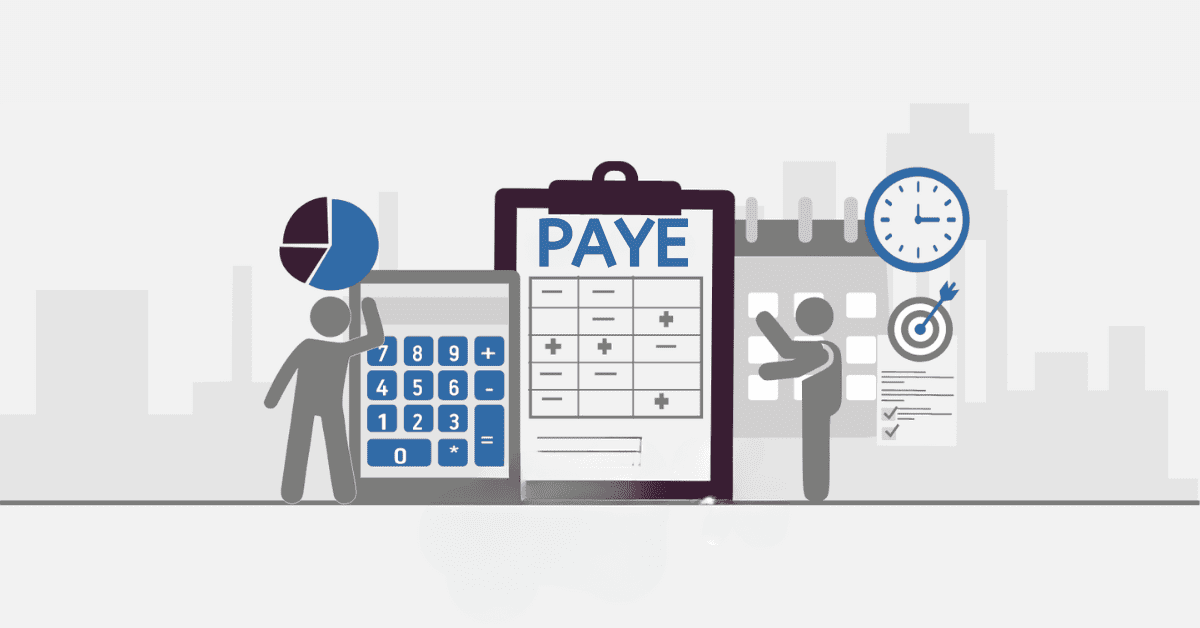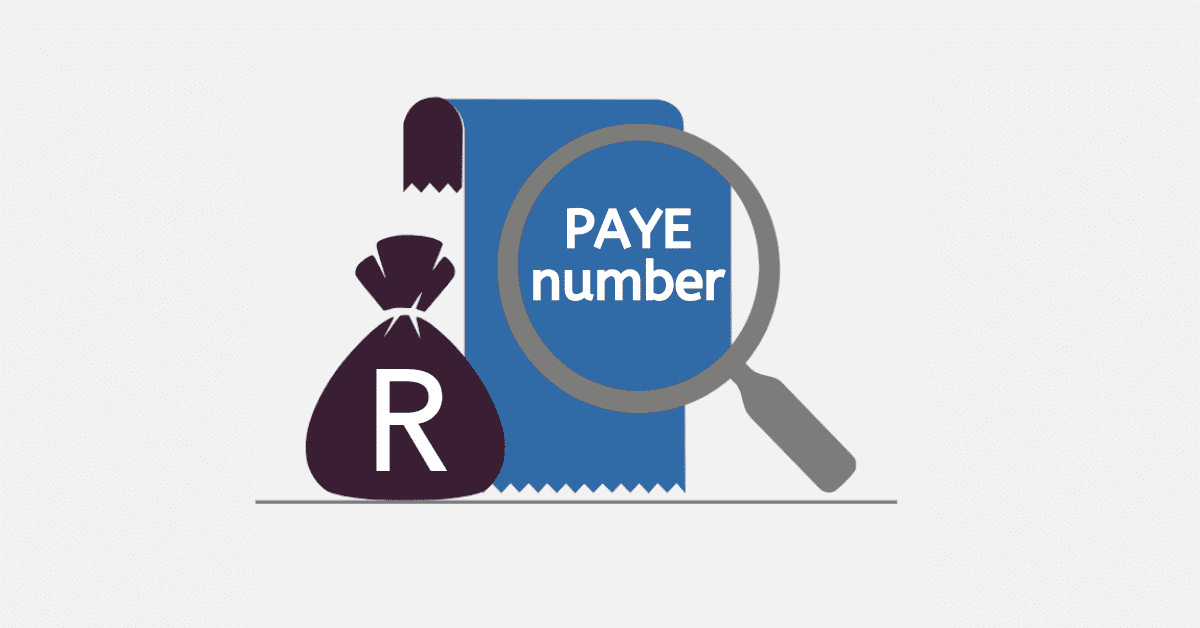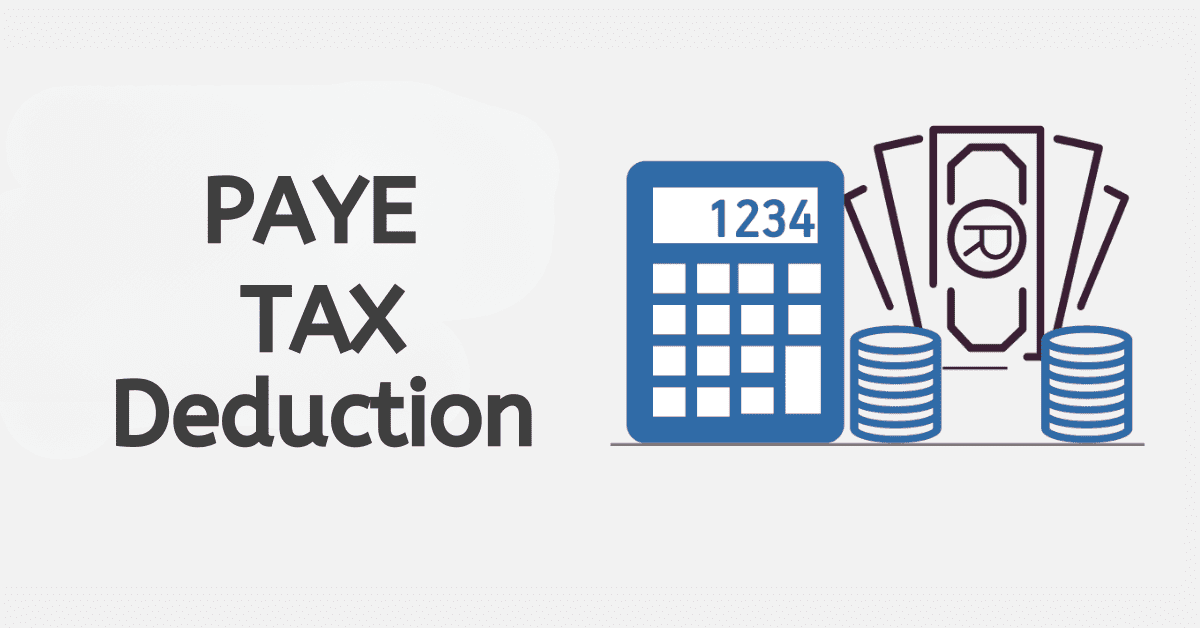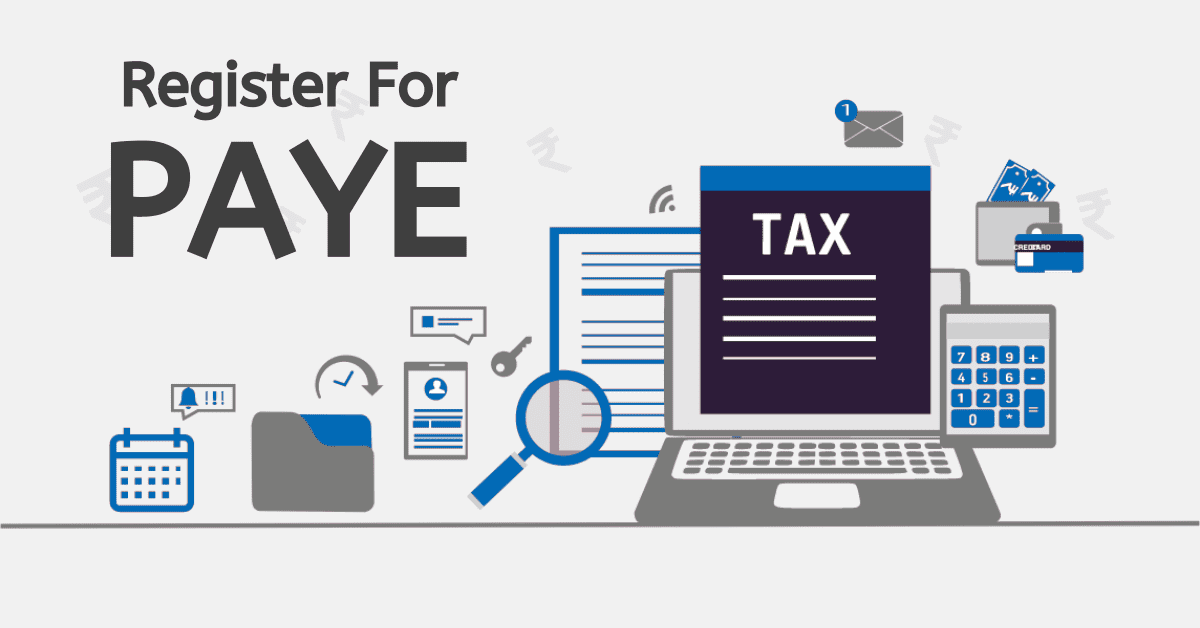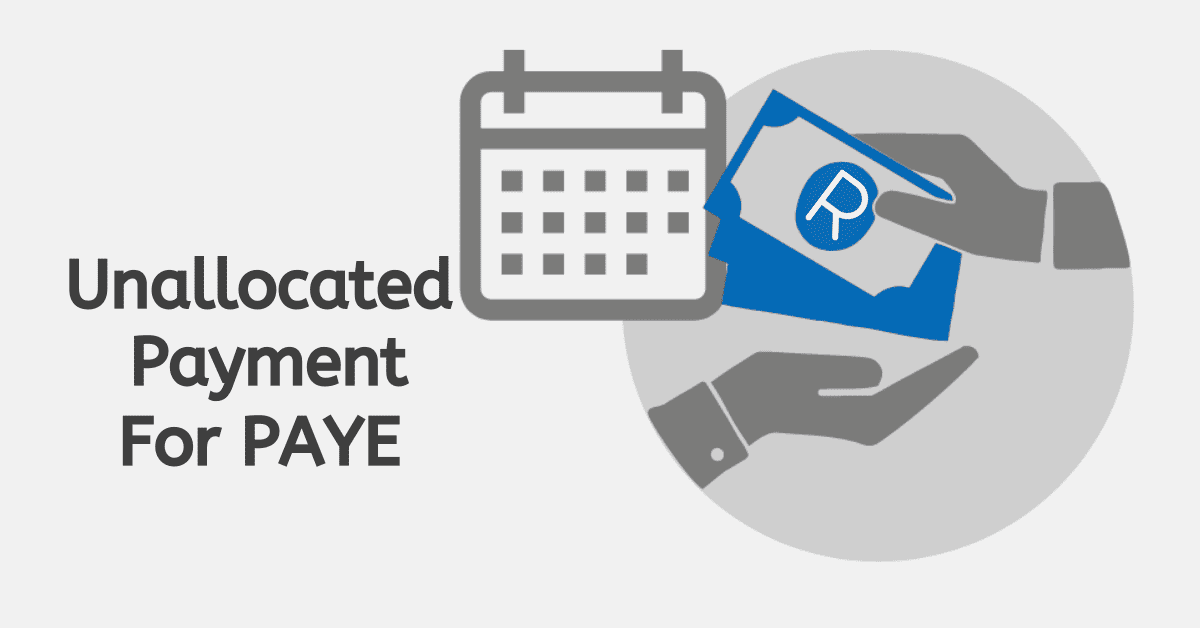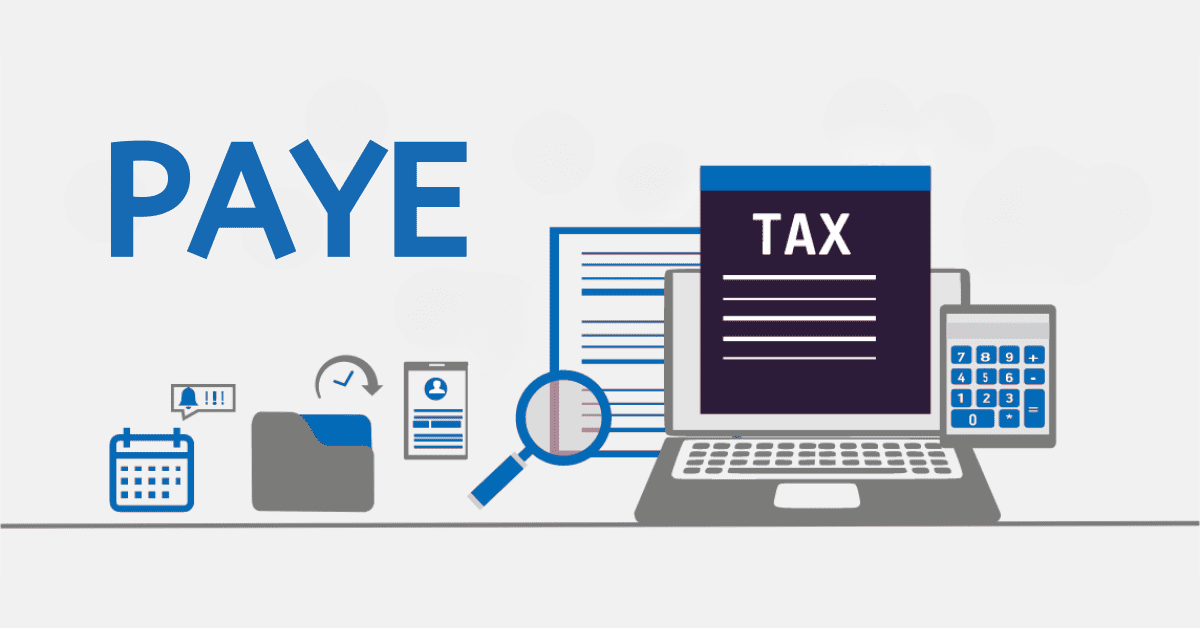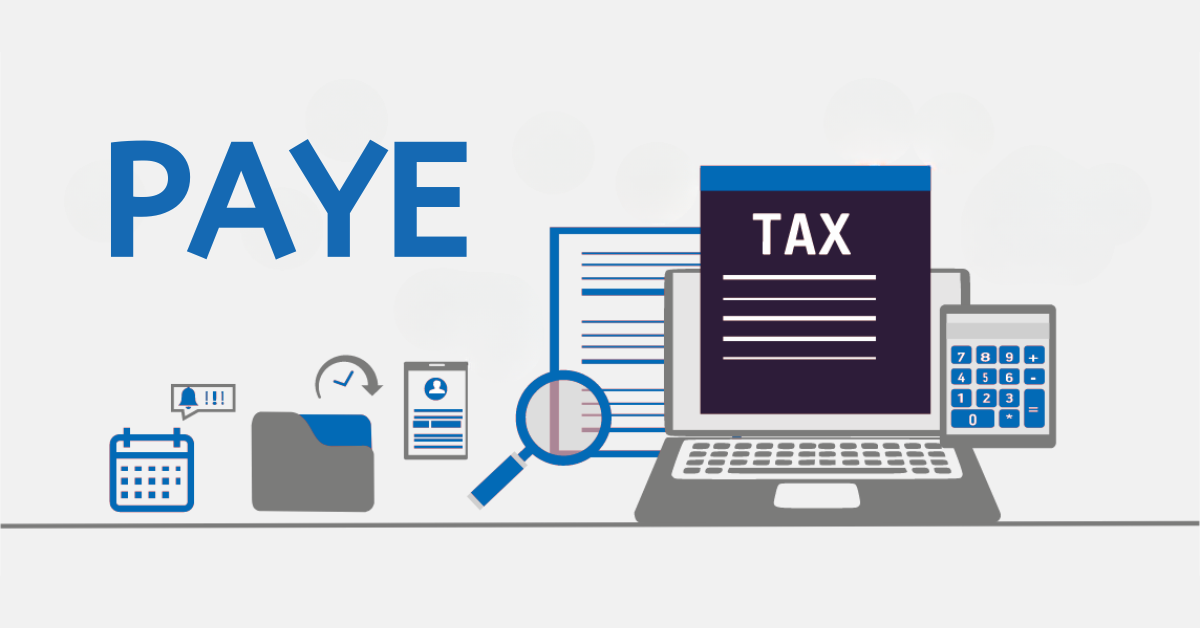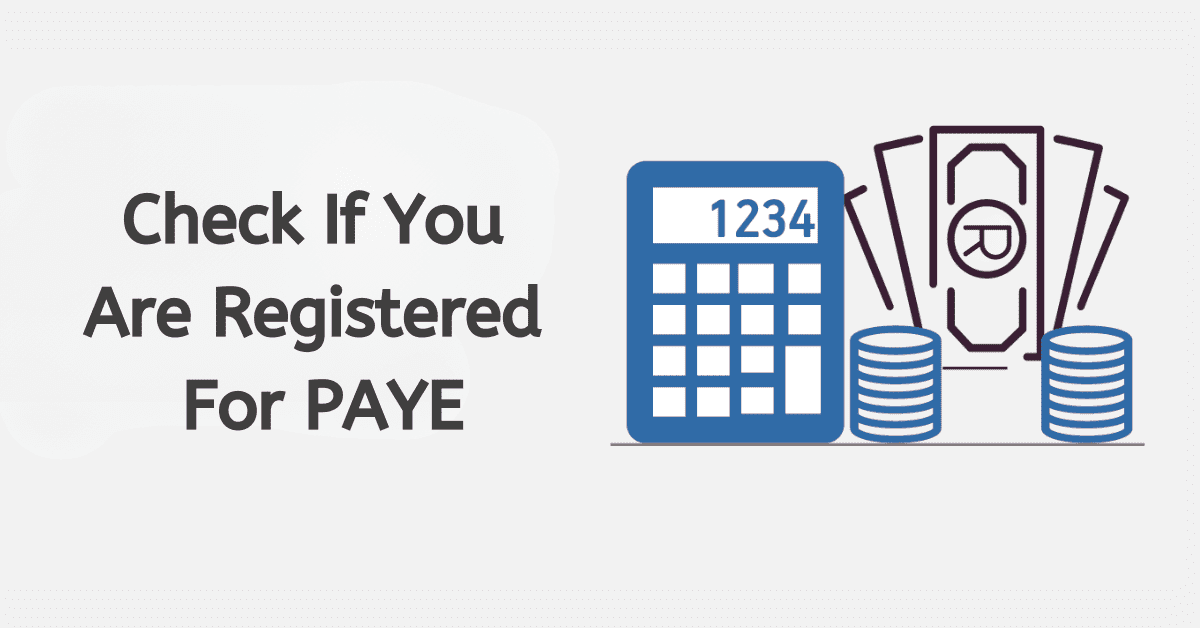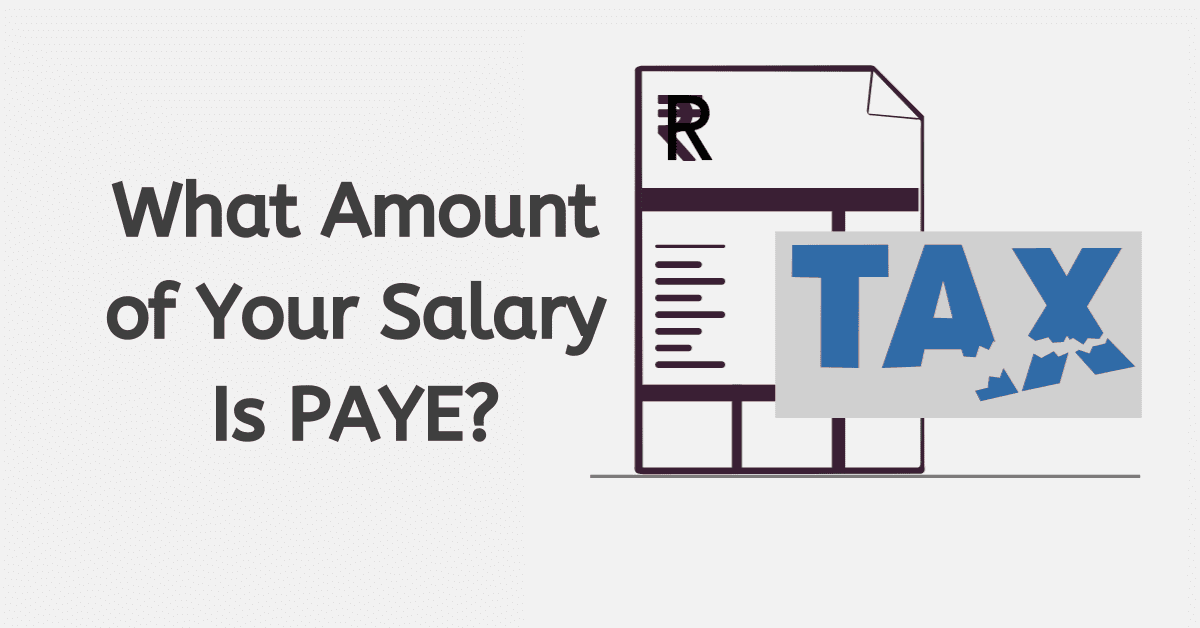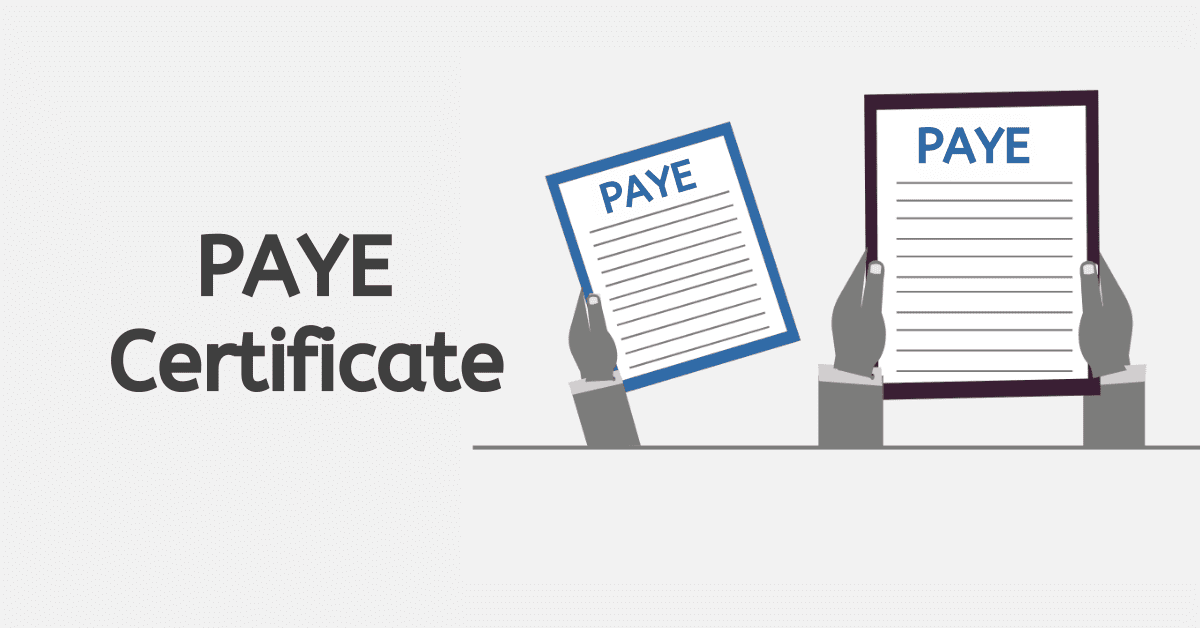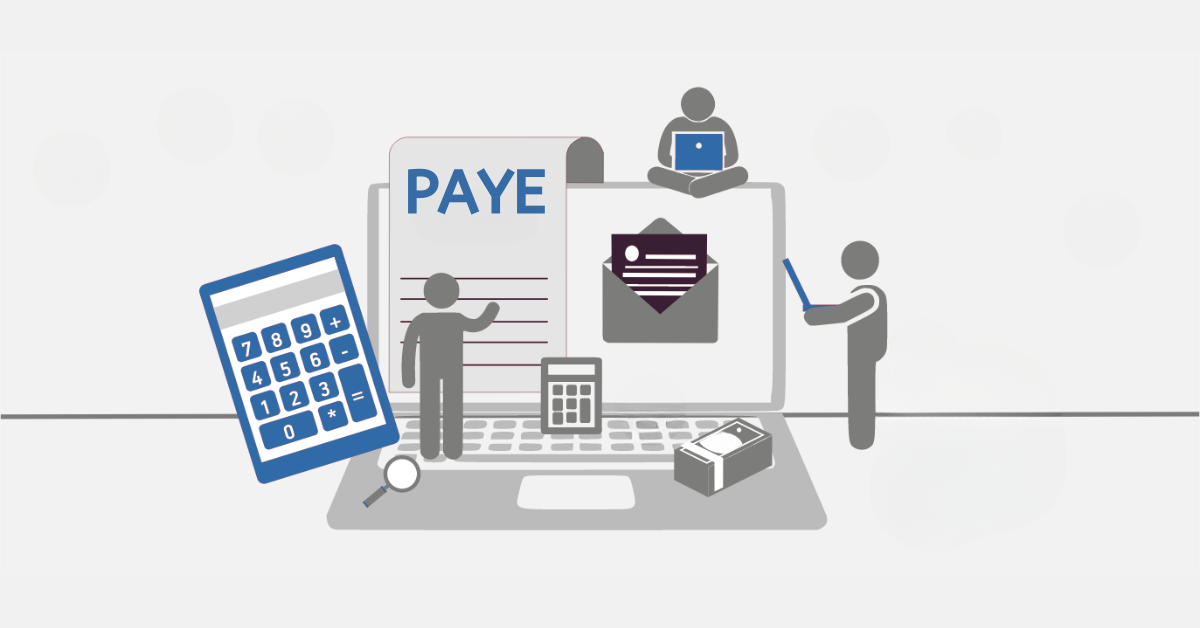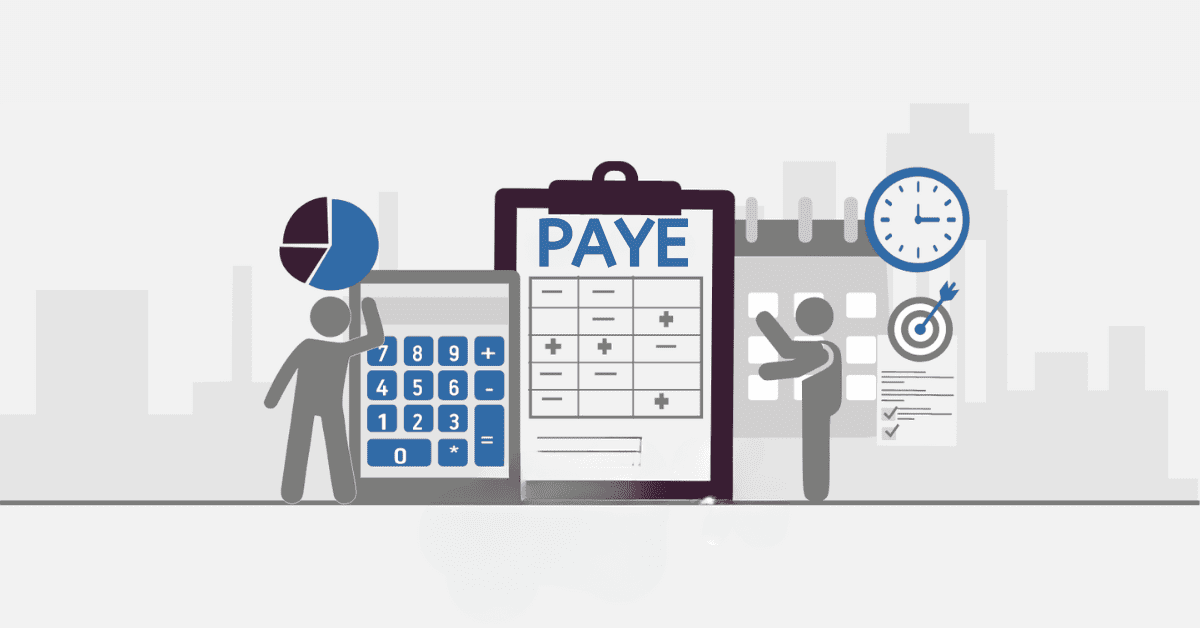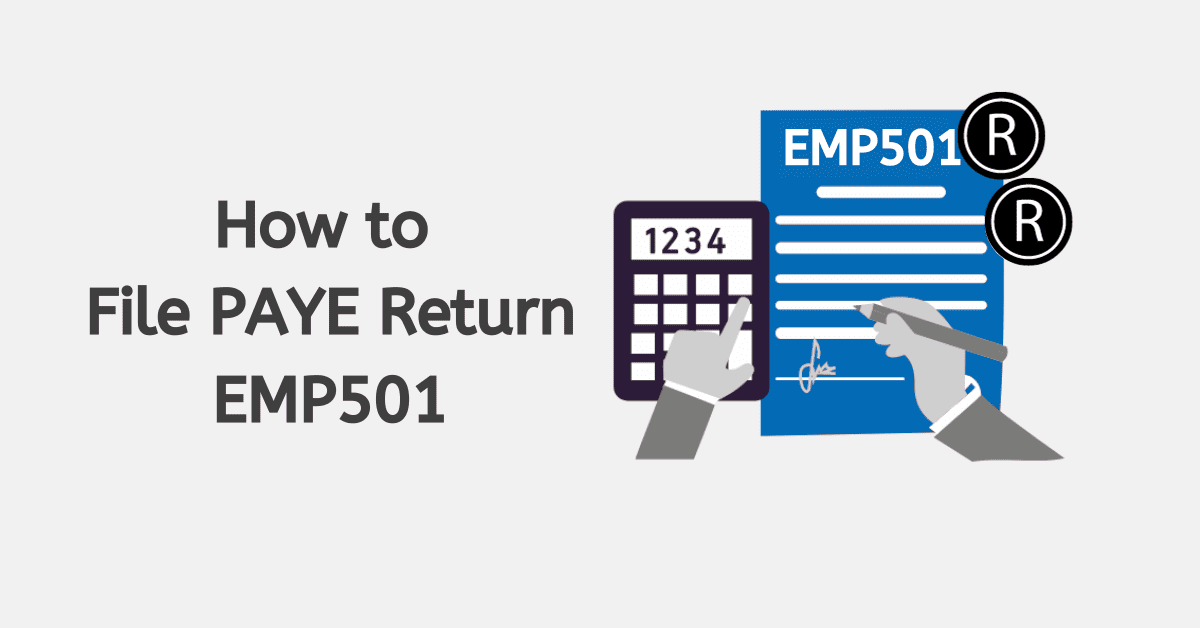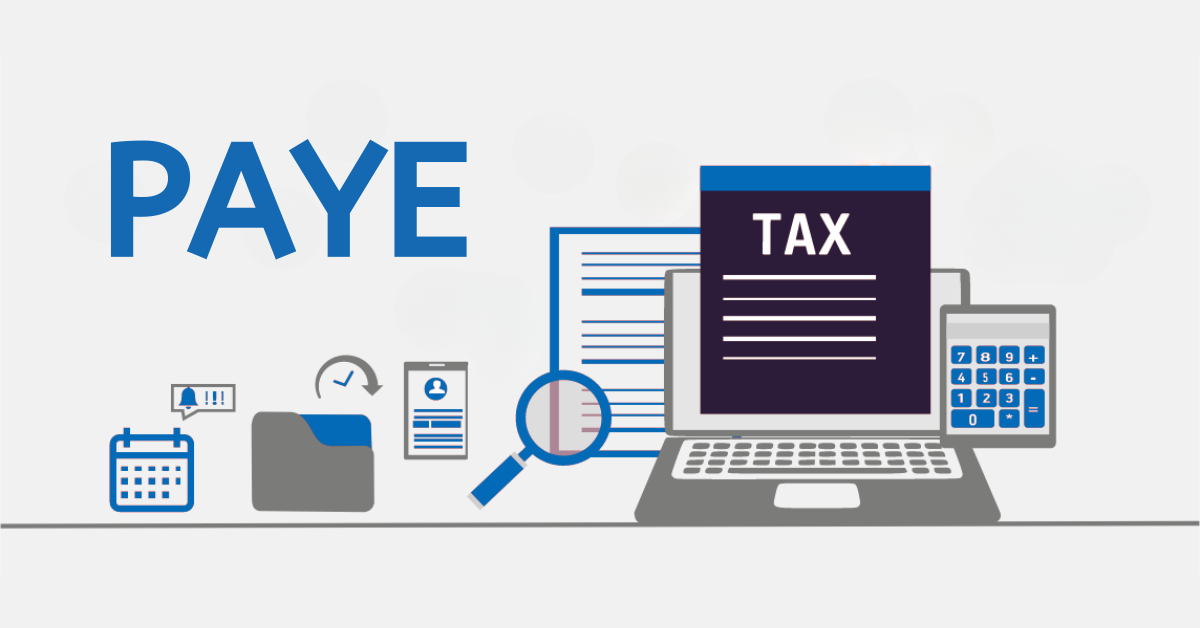If your company has taken on full-time employees, or part-time employees who are eligible for UIF payments, you will need to register as an employer with SARS. SARS will then issue you with your PAYE reference number, which you will use in connection with all PAYE and UIF payments you make on your staff’s behalf. Not sure how to do this? Then this is the article for you!
What Is The PAYE Reference Number For SARS?
The PAYE reference number for SARS is a number issued to the employer (not the employee) who has to deduct and pay over PAYE from their employees’ salaries. It will be a 10-digit number, and will always start with a 7.
How Do I Apply For A PAYE Reference Number?
If you are an employer, you will receive your PAYE reference number when you register as an employer with SARS and activate the relevant tax types, such as the annual IRP5/IT34(A) reconciliation. It will be linked to your overall income tax number (for the company), and will also be used to make UIF payments for your employees, which SARS collects and distributes to the UIF fund on your behalf.
There is a common misconception that employees also have a ‘PAYE reference number’ because they are having PAYE deducted from their salaries. This is not true. Their tax payments will be assigned by SARS based on their income tax number. This will also be a 10-digit number and will start with either a 0, 1, 2, 3, or 9. They do not have a PAYE reference number- that is only issued to employers responsible for handling staff PAYE.
Who Qualifies To Register For PAYE?
If you are a company with full-time employees, you are obliged to register for PAYE and receive a PAYE number. This will be used for PAYE (where applicable) and to pay over your staff’s UIF contributions to SARS.
You will also need to compile IRP5s (or IT34(A)s for non-PAYE-eligible staff) for your employees. You will submit an approximate declaration halfway through the tax year, and finalize this at the end of the tax year. This summarizes the PAYE and other obligations you have paid as an employer throughout the year. Your employees will need their IRP5/IT34(A) to prove their income to SARS for their personal income tax returns.
Do I Need To Register My Domestic Worker For PAYE?
Whether or not you need to register your domestic worker for PAYE
Suppose you employ a domestic worker and the salary you, specifically, are paying them exceeds those parameters. In that case, you will need to register as an employer for PAYE purposes as well as the standard UIF. However, it is rare for a single employer to pay that amount or have the domestic worker work for them 5 days a week.
If the worker is earning that amount, but it is not all sourced from you, then you are not an employer for PAYE purposes. Their income tax burden is not your problem. However, they can request that you deduct a specific amount from their pay to cover their tax obligations and pay that agreed-upon amount to SARS on their behalf if they so choose.
With that said, be aware that many domestic workers in South Africa are not as tax-educated as they should be, and may not realize that they are earning within an income tax bracket. Properly discussing these matters with them, while not a legal obligation, is a good way to ensure they stay tax-compliant and do not find themselves in hot water with SARS due to ignorance or lack of understanding.
How Do You Calculate Monthly Salary From PAYE?
The monthly salary amount for PAYE is not always the same as the actual money received by your staff. This is because ‘monthly income’ for PAYE purposes is the total (gross) taxable remuneration they earn. While this covers their basic salary and some additional income sources (like commission and overtime), there are amounts your staff may be due that do not attract PAYE. A classic example is some forms of remunerative travel pay. Once you have established what their taxable monthly income is, you can use the SARS tax tables to calculate how much PAYE must be deducted from their salary. Remember that this needs to be clearly shown on their payslips, alongside other deductions like UIF.
Getting your SARS PAYE reference number is the first step towards fulfilling your obligations as an employer, so it is important to tackle this issue as soon as you onboard employees as part of your business.
